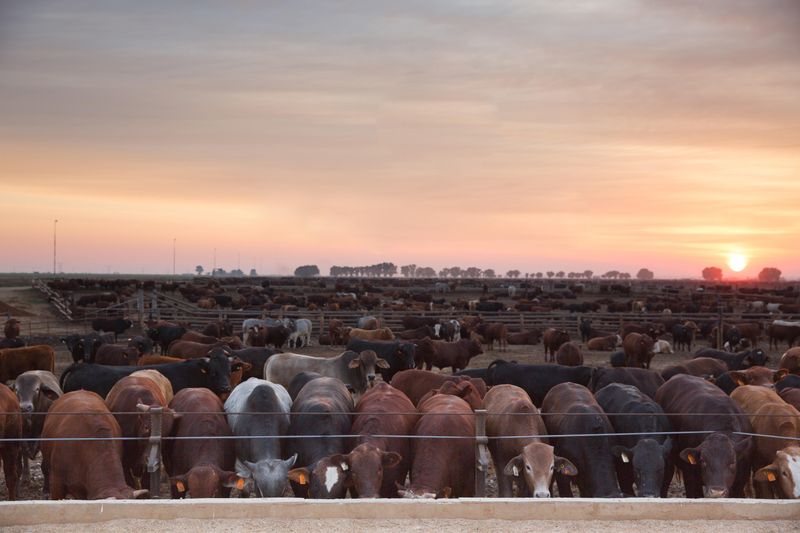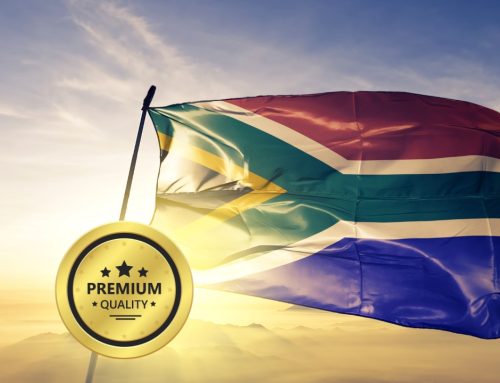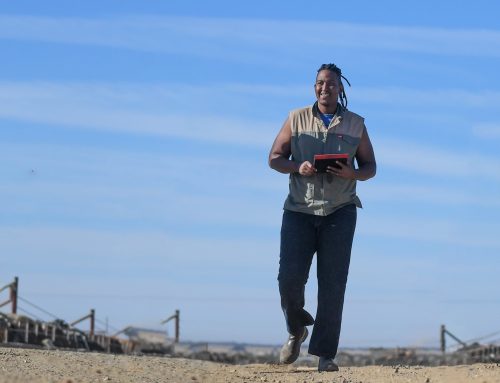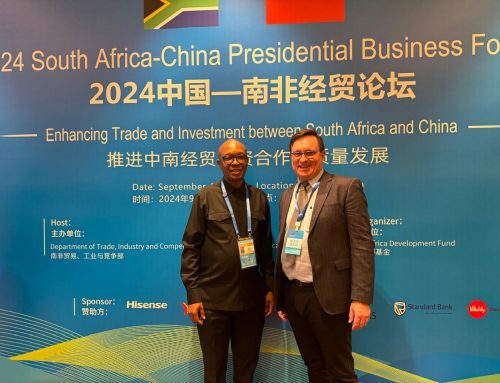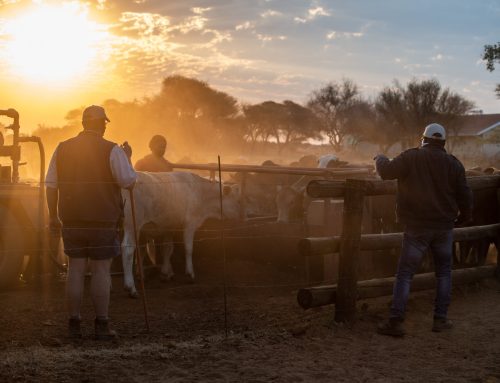It goes without saying that the beef industry has faced its fair share of challenges in 2020. According to the Global Animal Protein Outlook 2021, after a year of much uncertainty due to COVID-19, the demand for global animal protein is expected to rise as the world prepares to enter 2021. What trends are driving the local beef market and what is the forecast for 2021?
According to Louw van Reenen, CEO of Beefmaster Group, a leading specialist beef producer based in South Africa for local and global markets, despite the challenges, there are signs of hope that bring opportunity in 2021.
“After years of drought, farmers will need to replenish their stock, so we expect a long-term recovery to take place,” says van Reenen. “With the prediction of a good 2021 rainy season, farmers will have the opportunity to rebuild their herds.”
He explains that positively, farmers and producers are getting a better price for their product, and this should continue into 2021 because of a change in the supply and demand of cattle.
The Group has adopted a conservative outlook for 2021 and is budgeting for an economic contraction given that the pandemic has severely hit South Africa’s economic growth performance, with the GDP expected to remain below 2019 levels well into 2022.
“At the same time, we are continuing with our strategy of muscle-building in the business by increasing capacity and preparing for when the economy does turnaround. We are scaling up to function at 100% throughput,” explains van Reenen.
The Group recently announced an investment into plant and equipment upgrades to the value of R30 million, as well as the creation of an estimated 30 new jobs.
“The purpose of the upgrades is to ensure that the company has capacity to service the needs of a growing beef market.”
This is despite the challenging impact of COVID-19 on the business, the theme of which persisted throughout 2020.
“Although we were lucky enough to be classed as an essential service, we did not escape unscathed. Our stock levels were at extremes because we had an oversupply of beef products, mainly because restaurants all over the world were closed, and cattle supply was disrupted because of the Food and Mouth Disease (FMD) outbreak in Limpopo.”
He adds that all employees at the Group took on extra risks and sacrificed a lot by coming to work each day during the strict lockdown.
Positively, the year saw a good demand for beef products from the Group, which drove sales, while the weakened rand allowed the Group to compete internationally. The onset of the Coronavirus pandemic also gave the Group an opportunity to improve its customer service. It implemented changes at its retail store outlets to allow for home deliveries, and launched its online beef delivery service, iBeef. It also launched one of the first comprehensive biosecurity initiatives focusing on cattle herd health in South Africa. The initiative, dubbed “Farm to Fork” delivers value to all stakeholders in the cattle and beef industries, including veterinarians, cattle producers, feedlots and consumers.
“We will continue to do the work required to keep delivering quality products to all of our customers as we head into 2021,” concludes van Reenen.
